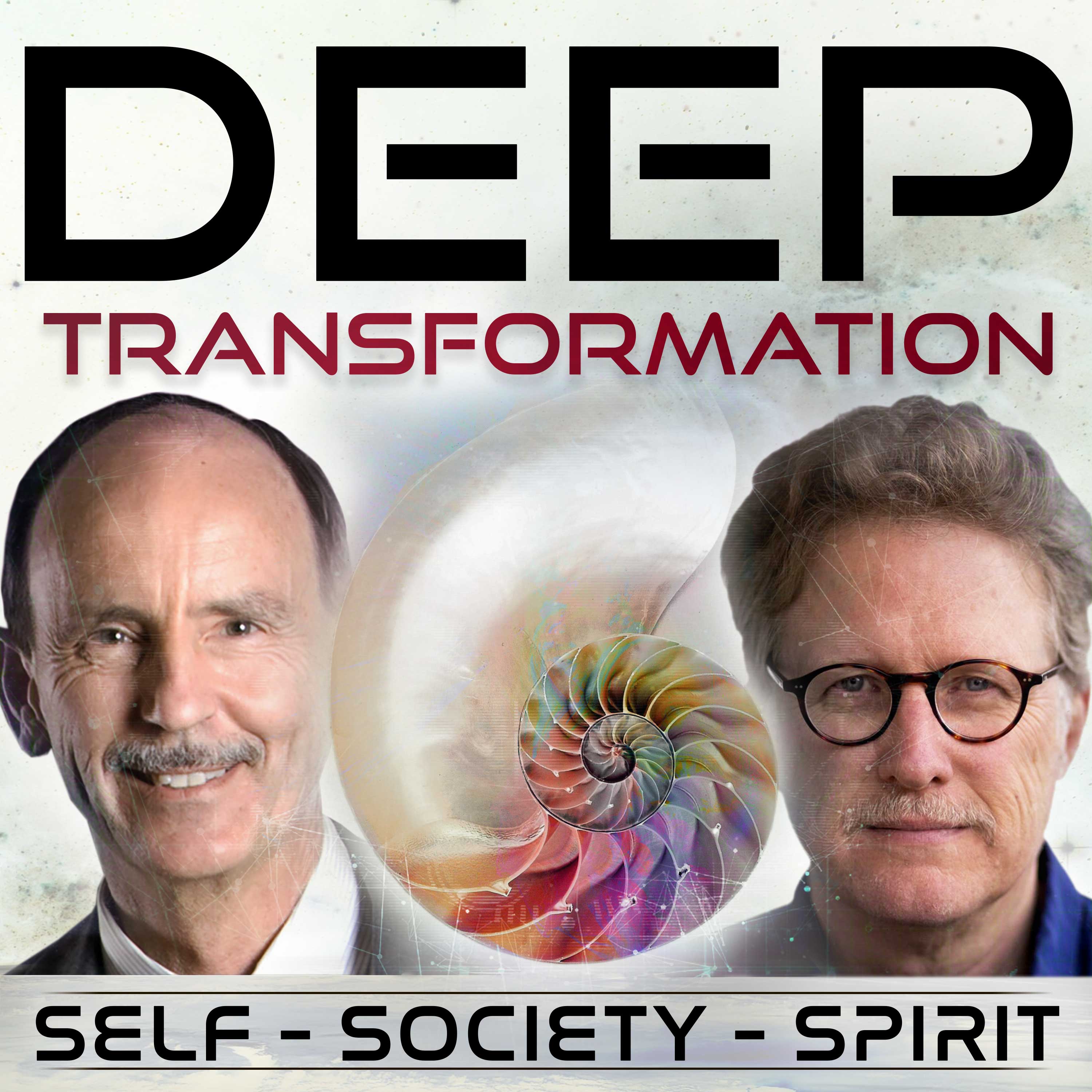- After-Shows
- Alternative
- Animals
- Animation
- Arts
- Astronomy
- Automotive
- Aviation
- Baseball
- Basketball
- Beauty
- Books
- Buddhism
- Business
- Careers
- Chemistry
- Christianity
- Climate
- Comedy
- Commentary
- Courses
- Crafts
- Cricket
- Cryptocurrency
- Culture
- Daily
- Design
- Documentary
- Drama
- Earth
- Education
- Entertainment
- Entrepreneurship
- Family
- Fantasy
- Fashion
- Fiction
- Film
- Fitness
- Food
- Football
- Games
- Garden
- Golf
- Government
- Health
- Hinduism
- History
- Hobbies
- Hockey
- Home
- How-To
- Improv
- Interviews
- Investing
- Islam
- Journals
- Judaism
- Kids
- Language
- Learning
- Leisure
- Life
- Management
- Manga
- Marketing
- Mathematics
- Medicine
- Mental
- Music
- Natural
- Nature
- News
- Non-Profit
- Nutrition
- Parenting
- Performing
- Personal
- Pets
- Philosophy
- Physics
- Places
- Politics
- Relationships
- Religion
- Reviews
- Role-Playing
- Rugby
- Running
- Science
- Self-Improvement
- Sexuality
- Soccer
- Social
- Society
- Spirituality
- Sports
- Stand-Up
- Stories
- Swimming
- TV
- Tabletop
- Technology
- Tennis
- Travel
- True Crime
- Episode-Games
- Visual
- Volleyball
- Weather
- Wilderness
- Wrestling
- Other
David Riordan (Part 1) - American Democracy Under Threat: A Data-driven Exploration of Our Political Culture and the Underlying Stories That Create It and Shape Our Future
Ep. 54 (Part 1 of 3) | A frank, hard-hitting conversation with TV producer David Riordan about the dangers democracy faces in this country, the fact that we are in a state of transition whether we like it or not, and the power of shifting our narratives to create change and a sustainable future. David has long been fascinated by the power of story, and has set up Vital Signs of Democracy, a platform that tracks and analyzes the narratives told and reported in the U.S. today—narratives that are foundational to our culture, our culture wars, our politics, and our future. Is there hope for American democracy? The good news is that studies show 65-70% of the population actually agree on and support the core principles of democracy—so if we could shift our narrative to reflect the majority view, we might be okay. The other news is that neither democrats or republicans, MAGA conservatives or progressives, have stepped up to represent this majority. David explains that we urgently need an alternative narrative from what we have to move forward—and we all need to ask what kind of country we want America to be. Recorded November 16, 2022 (on the heels of the 2022 midterm elections).“If you don’t like the story that’s driving you, you can change it.”(For Apple Podcast users, click here to view the complete show notes on the episode page.)Topics & Time Stamps – Part 1Introducing David Riordan, Integral documentarian & storyteller (01:05)David Riordan, Story Studio, and discovering the power of stories (02:22)Asking, “What are the stories we are telling about the now and the future?” (06:02) The surfacing of the “democracy story” and taking the independent political perspective (07:07)From conventional up to postconventional developmental stages, our stories usually aren’t even examined (09:54)Our stories are what drive us, and we are usually driven by a sense of uncomfortableness (11:34)Taking our power back: if we don’t like the story that’s driving us, we can change it (13:09)How does David identify the stories? (14:10)How the news is reported is a focal point for identifying cultural stories (15:25)Did the news used to honor the truth? (16:20)How Dan Rather was set up to report a false story (18:54)Fox News, MSNBC, and CNN: each tell a different story (20:01) Looking for an ethical higher ground or synthesis of the progressive narrative and the MAGA conservative narrative (23:01)How each developmental stage of the Integral map has a different narrative (25:27)MAGA: Who are we making America great for? (26:18)The old stories are falling away and new stories have yet to stabilize: the very definition of transition (27:45)The polarization story in the polls seems hopeless – where is the hope? 65-70% of Americans are in general agreement about the principles of democracy this country needs to represent (28:31)There is agreement about the principles of democracy in this country but neither party is addressing the majority view (33:03)The 65-70% needs to exercise itself and get our political structures to support and reflect their preferences (36:48)What are the characteristics of healthy, healing stories vs divisive stor

